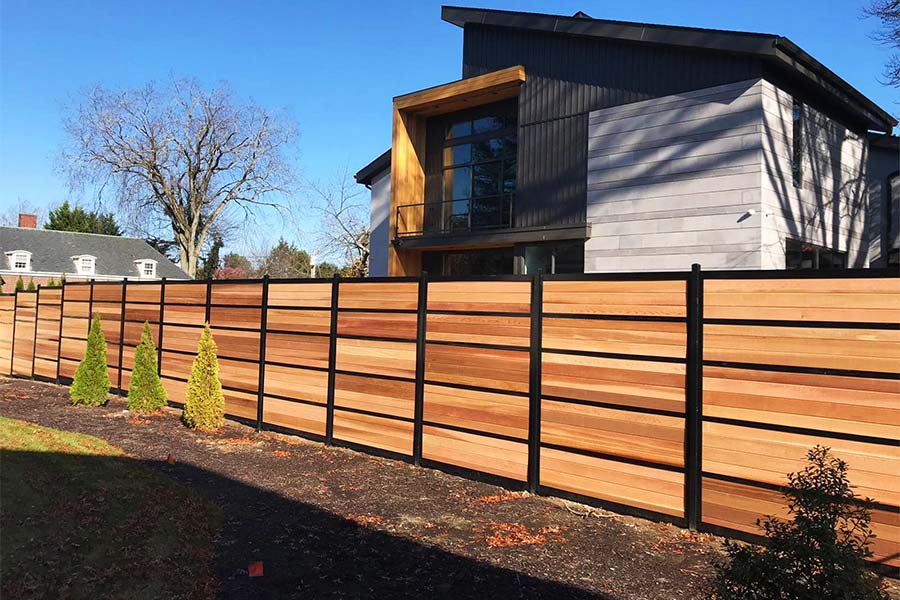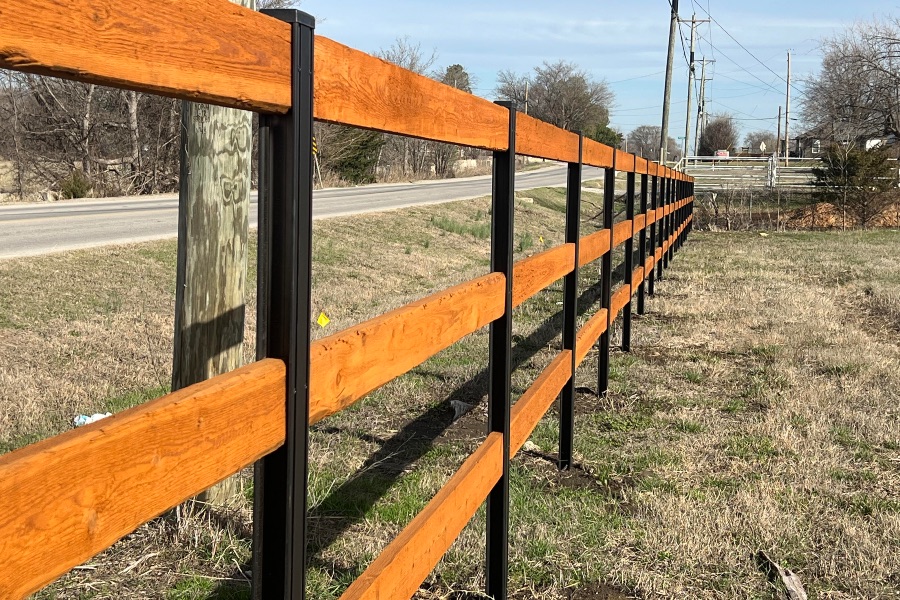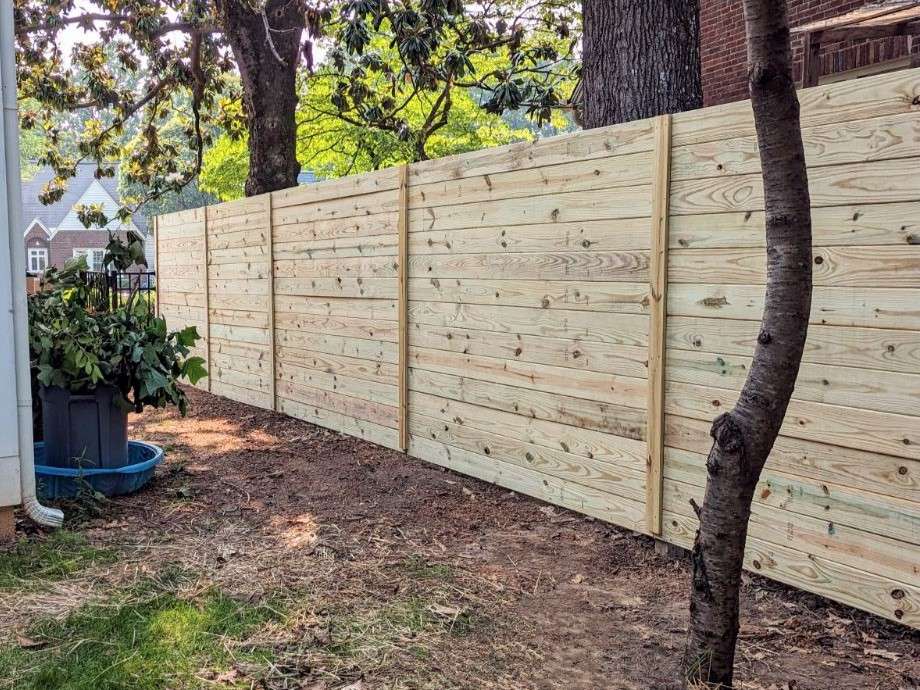All Categories
Featured

Choosing the right secure fencing product is necessary for achieving the balance of durability, visual appeals, and functionality that matches your home. Timber, plastic, and aluminum are popular selections, each with one-of-a-kind functions that deal with specific needs. Right here's an extensive check out the advantages and disadvantages of these 3 materials.
Wood Fencing. Pros:. Timeless Allure: Wood uses a natural, timeless look that complements numerous building designs. Customizable: It can be repainted or discolored in a variety of styles and colors. Affordable: Wood fencings are typically less costly ahead of time than vinyl or aluminum. Eco-Friendly: As a renewable energy, wood is biodegradable and lasting when sourced sensibly. Disadvantages:. Maintenance-Intensive: Requires regular staining, painting, or sealing to shield versus climate and insects. Shorter Life-span: Relying on the sort of wood and environment, it typically lasts 10-15 years. Vulnerability to Damages: Prone to decomposing, warping, and termite damage without appropriate care. Wood is optimal for property owners who value looks and are eager to invest effort and time in upkeep to extend its life.
Vinyl Secure Fencing. Pros:. Durable: Immune to parasites, rot, and climate, plastic maintains its structure in harsh problems. Low Maintenance: Calls for little upkeep past periodic cleansing. Lengthy Life-span: Vinyl can last 20-30 years without significant wear or damage. Functional Layouts: Available in numerous colors, textures, and styles, consisting of alternatives that resemble wood. Disadvantages:. Expensive Setup: Plastic fences are a lot more pricey to set up contrasted to wood. Brittle in Winter: Plastic can fracture in extreme cold climates. Challenging to Fixing: If harmed, entire areas might need replacement, which can be challenging to match. Plastic fence is a great choice for those prioritizing long life and very little upkeep, also if it features a greater in advance expense.

Light Weight Aluminum Fencing. Pros:. Rust-Resistant: Aluminum does not corrosion, making it optimal for moist or humid locations. Light-weight but Solid: Offers toughness without being overly hefty, which simplifies installation. Reduced Upkeep: Requires little bit more than cleaning and occasional repainting. Long life: Light weight aluminum fences can last for years without considerable wear and tear. Sophisticated Layouts: Commonly utilized for decorative purposes, aluminum includes refinement to any residential or commercial property. Disadvantages:. High Preliminary Price: Light weight aluminum fencings are among the extra expensive alternatives. Limited Privacy: Typically created with open spaces, they don't block views or sound. At risk to Dents: While tough, aluminum can be dented or bent with heavy influence. Aluminum is finest fit for those that desire a resilient, elegant fence and do not need full personal privacy.
Making the Right Choice. Each material has its strengths and weaknesses:

Wood is excellent for eco-conscious purchasers and conventional aesthetic appeals that do not mind maintenance. Plastic benefits house owners seeking a weather-resistant, low-maintenance remedy. Aluminum is a resilient, decorative alternative for those who desire elegance and longevity. Consider your priorities-- whether it's price, privacy, upkeep, or appearance-- and speak with a fencing specialist to select the product that finest meets your requirements. A well-selected fence will enhance your home for many years ahead.
Latest Posts
Explore Special Auto Repair Deals in Chicago at Montclare Auto Repair
Published May 25, 25
1 min read
Explore Special Auto Repair Specials in Chicago at Montclare Auto Repair
Published May 25, 25
1 min read
Join WyHy FCU – Top Benefits for Your Future
Published May 24, 25
1 min read